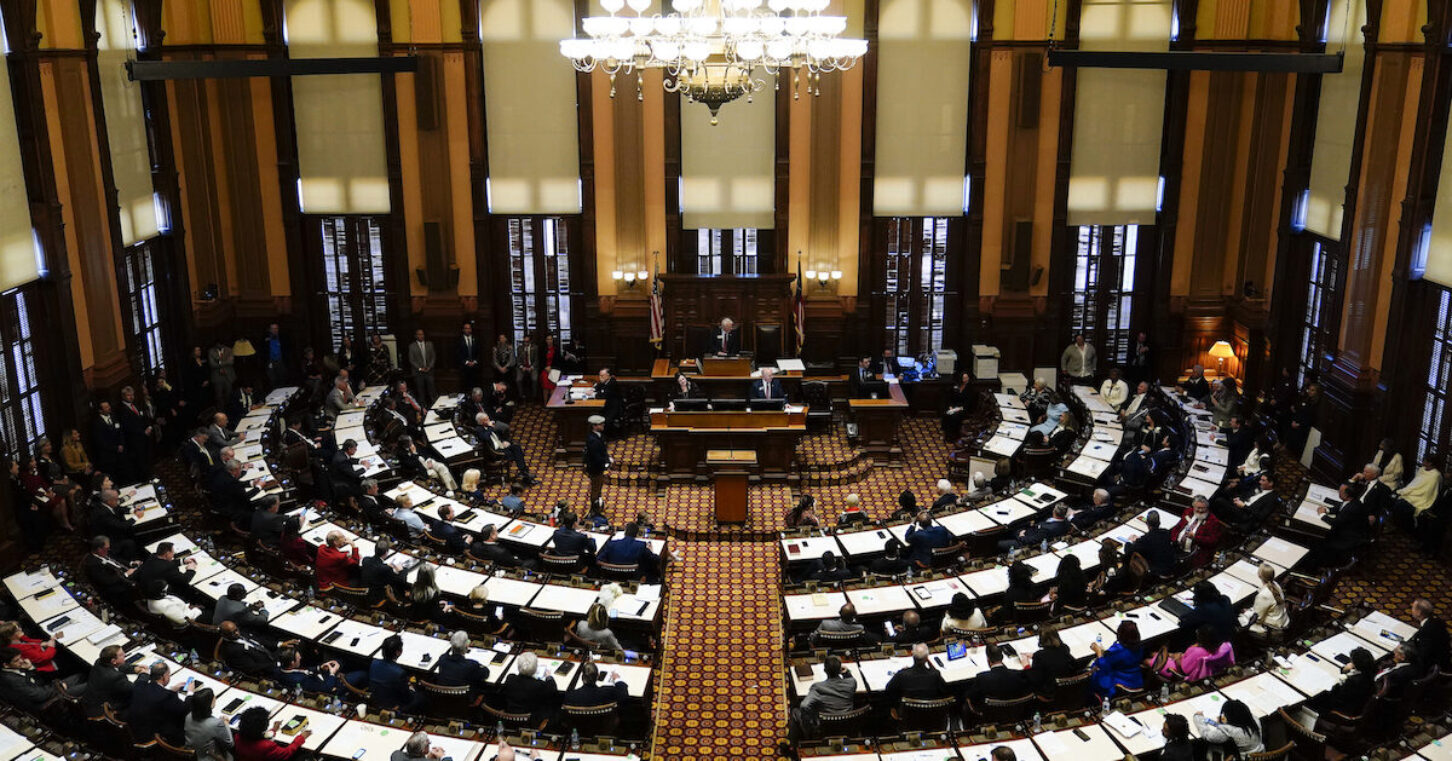
Lawmakers convened for Days 6-10 of the 2024 legislative session this week as we continue to see new bills introduced and moved through the process. Here are some updates from the past week:
– House leadership rolled out a series of tax cut proposals this week, which would, among other things, increase Georgia’s child-tax credit from $3,000 to $4,000 and double the state’s homestead tax exemption from $2,000 to $4,000.
– The Senate approved legislation defining antisemitism and incorporating it into Georgia’s hate crimes law. The state Senate approved the bill 44-6 after a nearly two-hour debate Thursday. The Georgia House of Representatives followed in a 129-5 vote.
– Sen. Mike Hodges, R-Brunswick, introduced legislation that would require secret ballot elections for union representation at companies receiving economic development incentives in Georgia.
– Findings from the House Working Group on Early Childhood Education, chaired by Rep. Jan Jones, R-Milton, were presented to the House Education Committee this week. Recommendations totaled $100 million to reduce class size, increase salaries for teachers and assistants and increased funds for classroom startup costs.
– Legislation known as the “Boundless Opportunities for Georgia Students Act” would permit student transfers between local school systems without contracts between the local school system where the student resides and the local school system where the student seeks to enroll. Senate Bill 147 is authored by Sen. Shawn Still, R-Norcross.
– Sen. Larry Walker, R-Perry, introduced legislation to exempt the professions of shampooing and blow-dry styling for licensure requirements.
– Reps. Matt Reeves, R-Duluth, and Mesha Mainor, R-Atlanta, introduced House Bill 926, the Second Chance Workforce Act. This legislation would allow individuals with low-level municipal citations and misdemeanor charges to keep their driver’s licenses during their cases, as long as the charges do not pertain to DUI, reckless driving or child support, so that their ability to drive to work is not interrupted.
– A bill called the “Georgia Development Impact Fee Act” would add the construction of schools to the list of infrastructure projects that can be funded by local impact fees. Currently, these fees fund items like parks, transportation improvements and sewers. Senate Bill 208, authored by Sen. Greg Dolezal, R-Cumming, has cleared the Senate Education committee.